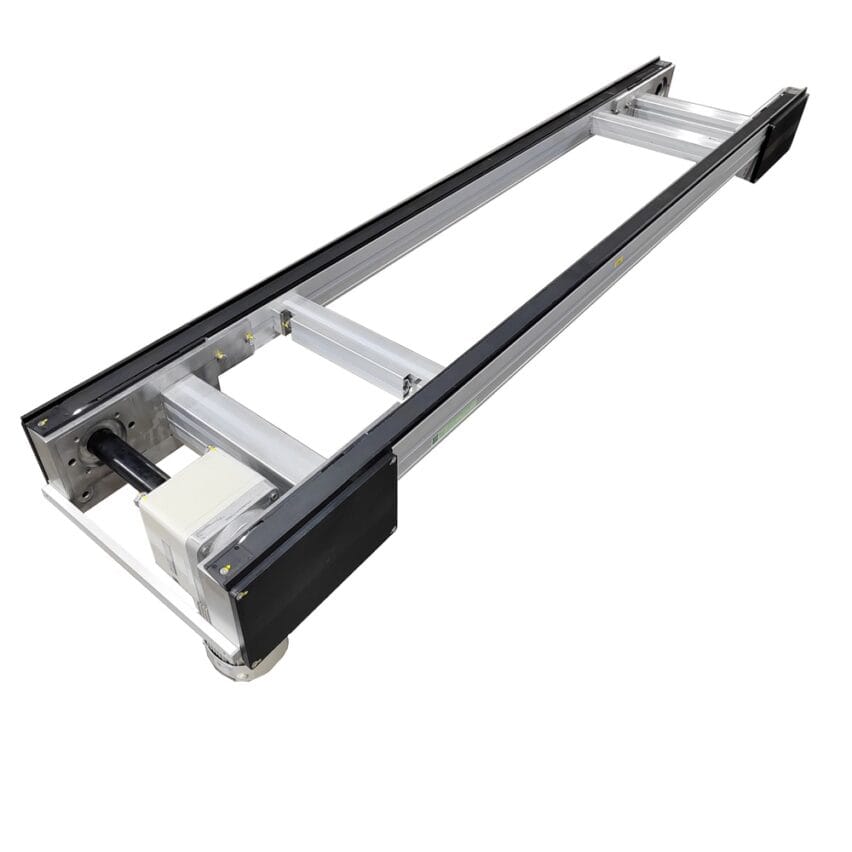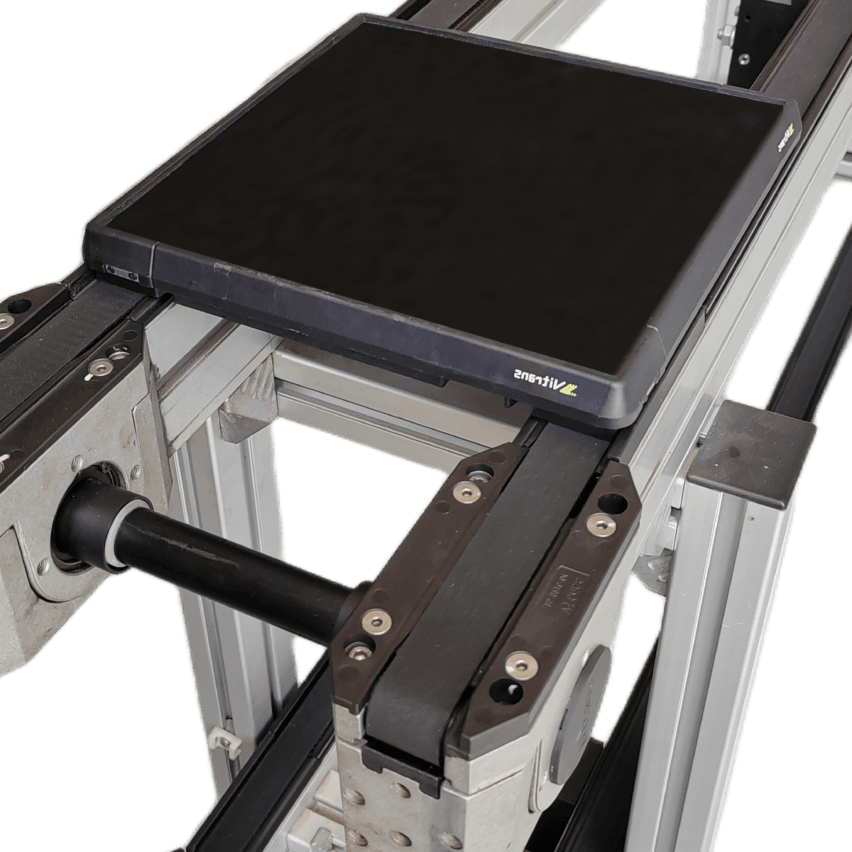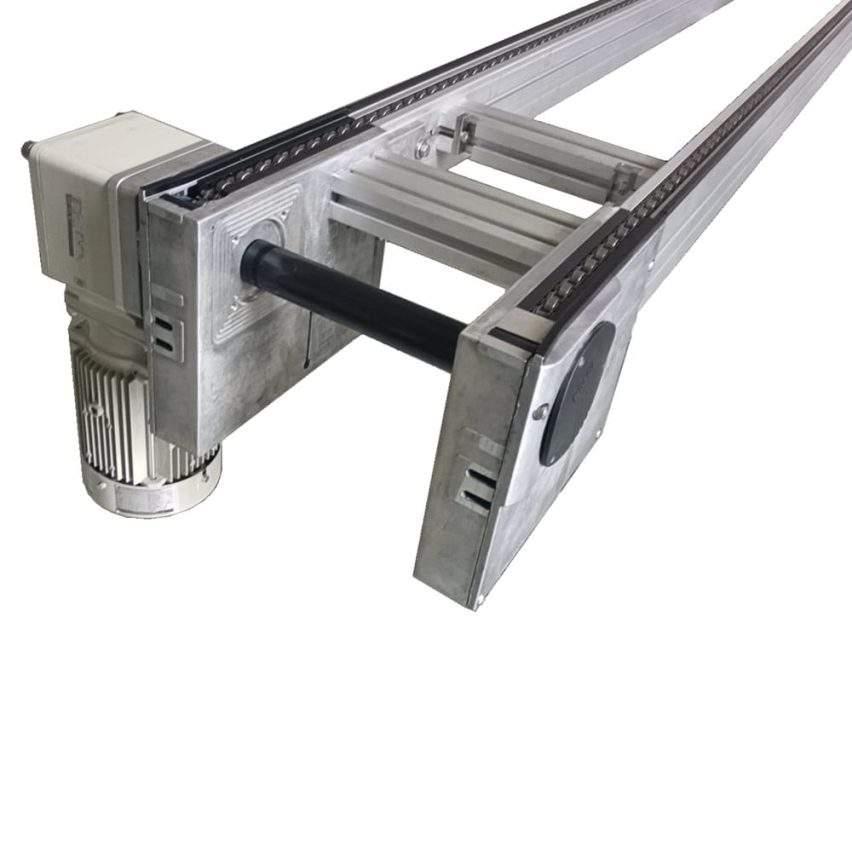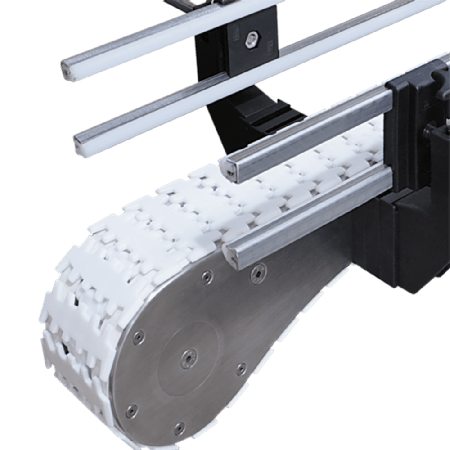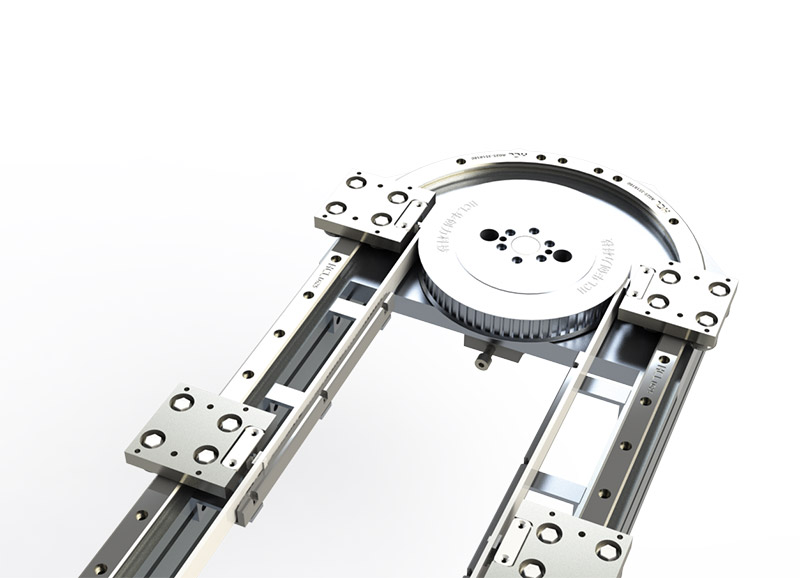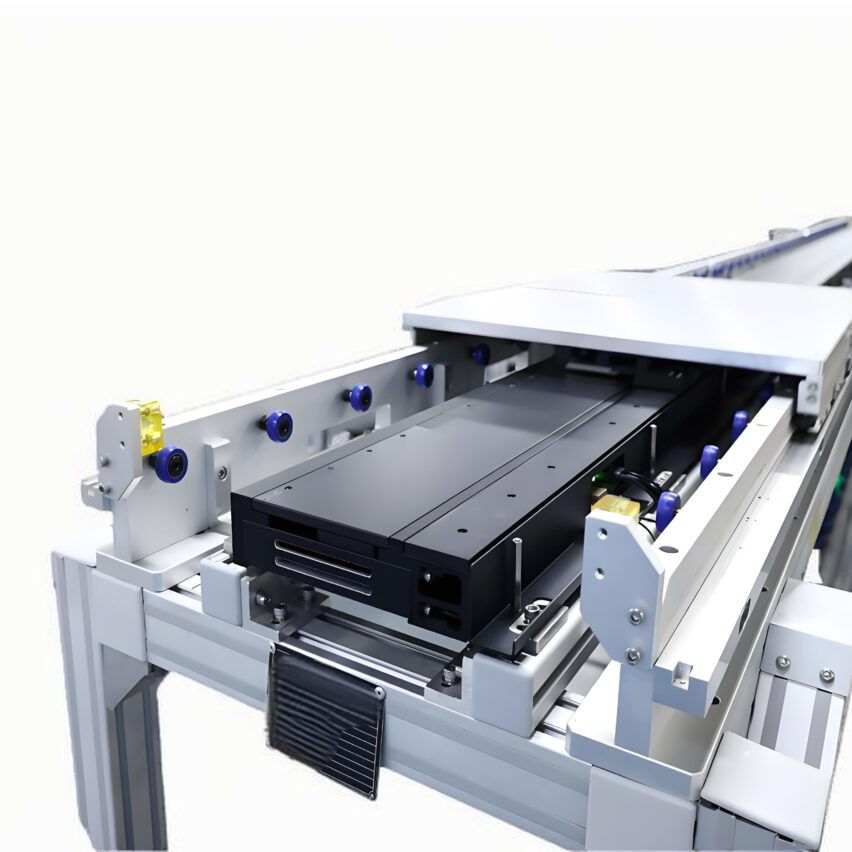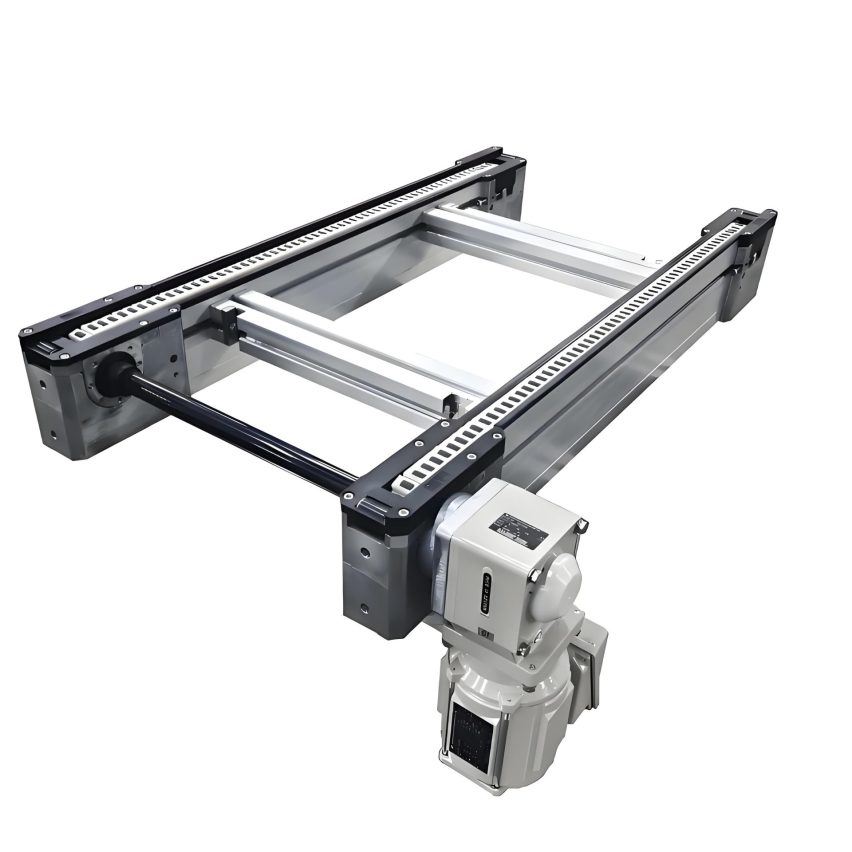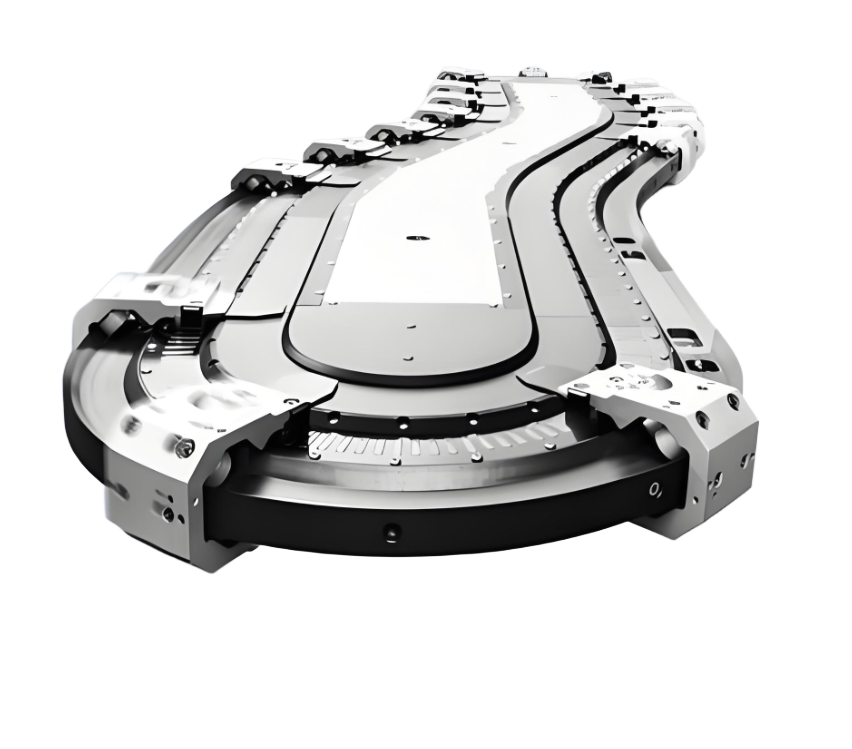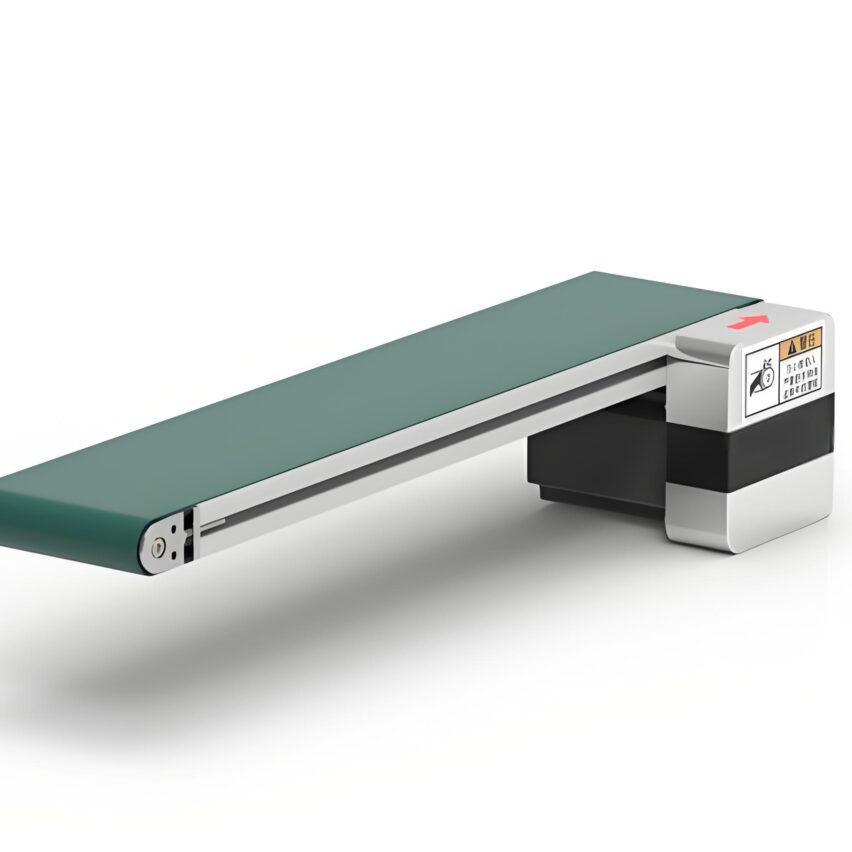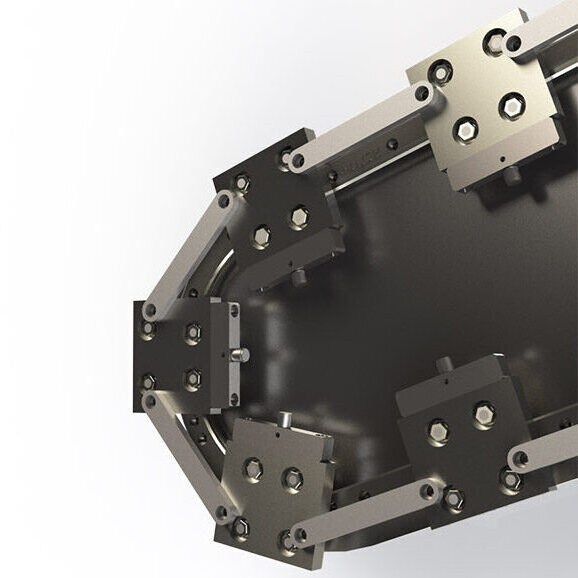"Hey, is that conveying line in your factory stuck again? Repairing it every three days, not to mention delaying production, but also making people angry!" This kind of scene, is not listening to a headache? 😩 In the end, the choice of conveyor manufacturers with the object like, just look at the "face value" (cheap) can not, the key must look at the "inner" reliable or not! Today we will chatter, want to find a realReliable Conveyor Line Processing ServicesWhat are the 4 elements that you need to keep an eye on? Don't get carried away, the dry goods are coming soon!
🔍 Element 1: Is the manufacturer strong enough? - - Not just a small workshop!
Does "source manufacturer" sound mysterious? Actually, you just have to look at these points:
- Plant Size & EquipmentLarge factories generally have standard assembly lines and advanced processing equipment (such as laser cutting, CNC machine tools), web page 3 mentioned that it depends on the "size of the production line, the number of workers, advanced equipment". Small workshop? How can you guarantee the accuracy of manual welding and patching?
- Industry Experience & References: How many years have you been in the business? What big projects have been done? Pages 7 and 8 emphasise thatEstablished manufacturers usually have accumulated a large number of industry cases(e.g. automotive, food, electronics industries). The newbie white man chooses the factory.Be sure to look at customer examples!A video or a site visit is preferable (page 1 also suggests "factory or showroom visit").
- Qualification: The ISO quality management system is the basis! Do you have a licence to manufacture special equipment? (especially for pressure and safety components). Page 4 mentions "supplier qualification", and the top 10 brands on page 8 basically emphasise qualification and quality control systems.
👉A guide to avoiding the pitfalls of the white manDon't just listen to sales blow! On the enterprise search to check the registered capital, the establishment of time, insist on seeing the factory video or site visits, ask about the cooperation of similar customer cases!
🧠 Element 2: Are the technical skills good? -Design doesn't work, it's all pits at the end!
Conveyor lines look simple? Big mistake! The design is not reasonable, minutes to let you experience what is called "a step a card, very elegant".
- hit the nail on the head: Why does your line keep running and dropping? It's probablyLoads, speeds, and friction were not accounted for at the design stage!Page 9 says that roller diameter consistency, shaft accuracy, and frame rigidity all affect conveying accuracy.
- Technical team is keyPage 3 emphasises "technical team and R&D strength". A good manufacturer must have professional engineers who are able to develop and manufacture the products according to your needs.Material (weight, size, shape), environment (temperature, humidity, dust), process tempoto customise the programme (webpage 10 details the impact of item characteristics, environment on design).
- Can you handle "off-limits"?Standard lines are cheap, but actual production often requires customisation! Page 7 mentions that speed chains, roller lines and belt lines have their own application scenarios, and page 11 points out that poorly designed turning transitions and support guides directly affect stability. Manufacturers have to be able to produce detailed drawings and confirm the details with you over and over again.
✅Technical competence self-test form (ask manufacturers these questions)::
| issues | reliable answer | danger signal |
|---|---|---|
| My material is XXX, weighs XXkg and the environment is dusty/humid, how can I design it? | Provide a preliminary programme describing material selection (e.g. stainless steel), protective measures | Vague, just "no problem." |
| How do you ensure synchronisation/positioning when the speed is required to be XX m/min? | Explain the drive type (servo motor? Variable frequency?) , positioning sensor programme | "Adjust the speed any way you want, it all works." |
| What do you do with corners to prevent offsets? | Demonstration of guide wheel/stopper design drawings or examples | Ignore the question or simply say, "Add a fender." |
🛡️ Element 3: Is quality control strict? --Materials, process, testing, one can not be loose!
"Cheap is not good" in the conveyor line industry is simply the truth! Cutting corners to save money, the later maintenance doubled back!
- Materials are the foundation: Web page 9 emphasises roller materials and surface treatments, and web page 11 points to heat-resistant materials for high-temperature environments and rust-resistant materials for wet environments (e.g. stainless steel for food and medicine). Using inferior steel or recycled plastic? Wait for warping and cracking!
- Craftsmanship determines longevity: Is the welding secure? How accurate is the assembly? Page 3 mentions "perfect quality management system", and Page 11 also says that critical joints should be reinforced. Smaller manufacturers may skip the heat treatment and fine polishing steps.
- Do you measure it before it leaves the factory?The no-load run-in test is the most basic! The "regular inspection and lubrication" mentioned in page 9 should be done before delivery. Test reports (e.g. vibration test, load test) will be provided by reliable factories.
⚠️lesson learnt through blood and tears: A friend of a cheap figure to find a small factory, the results of the conveyor belt with poor quality rubber, half a year on the cracking and pulverisation! Dust contamination products, the whole batch returned! Page 5 also reminds: equipment reliability, supply of accessories is very important --Don't lose a lot of money by saving a little!
☎️ Element 4: How fast is the after-sales response? - - Can't find anyone when something goes wrong? Straightforward crash!
"Buy when is God, repair like beggars"? This manufacturer directly black! After-sales service is not strong, the production line stops, the loss is calculated by the minute!
- Warranty terms read carefully!How long is the warranty? What parts are covered? (motors, bearings, control systems?) Pages 3, 5 and 6.Making after-sales service a core indicator. Verbal promises don't count, write them into the contract!
- Responsiveness is the lifeblood: Page 3 asks for "timely and effective technical support, quick response", and Page 6 mentions "saving our customers' effort". 24-hour telephone support? How long does it take for an engineer to arrive? How long does it take for an engineer to arrive? (Page 5 especially reminds that the quality of after-sales service affects the production plan)
- Is the training in place?Good manufacturers will provide operation, basic maintenance training (web page 4 mentioned technical support including installation and commissioning maintenance). You staff will not use, messy operation, broken faster!
🚀Exclusive data referenceThe average fault response time of reliable manufacturers in the industry is generally within 4-8 hours, over 24 hours is basically not to be considered! Spare parts supply rate is lower than 80%, late waiting for parts can be anxious to death!
💎 And finally, something heartfelt.
When choosing a conveyor line manufacturer, really don't just look at that number on the quotation! These 4 elements above -Strength, technology, quality control, after-salesThe first thing you need to do is to make sure that you have a good reputation for your work. 🛠️ Just like those big brands in the webpage 8, the reputation is not blown, it is real by these accumulated.
White remember this formula.
Assured manufacturer = field visit (don't be lazy!) + Digging deep into the case (don't be shy!) + Rigorous attention to detail (don't be afraid of annoyance!) + contract lock after-sales (do not be vague!)
The next time you meet sales with you boast, directly to the 4 dumped over to ask! Guaranteed to help you sieve out a wave of pit goods! What else do you have to do to choose the factory's history of tears or successful experience? The comment section chatter! 💬

